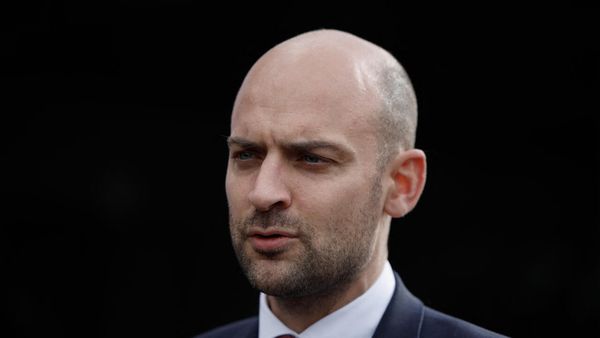After Wednesday’s larger-than-expected inflation number, all attention has turned to the Reserve Bank’s meeting on Tuesday. If the bank moves next week, it will be the first time there’s been a rise in a campaign since 2007, the election John Howard lost.
Pointing to recent rate rises overseas, independent economist Saul Eslake says: “If the Reserve Bank were to do nothing in the face of this much sharper-than-expected acceleration in inflation, it would be leaving itself open to a charge of acting in a political way, which would undermine its credibility for an extended period.
"So I think the Reserve Bank really has to raise interest rates at its meeting next week.” If it doesn’t, Governor Philip Lowe would require “a very persuasive explanation”.
If the bank didn’t act next week, it could subsequently have to make a 75 basis points rise in one hit, “which would be a considerable shock to the mortgage-paying population in particular, but I think for small businesses and a whole lot of other participants in Australia’s economy more broadly.”
Michelle Grattan does not work for, consult, own shares in or receive funding from any company or organisation that would benefit from this article, and has disclosed no relevant affiliations beyond their academic appointment.
This article was originally published on The Conversation. Read the original article.







